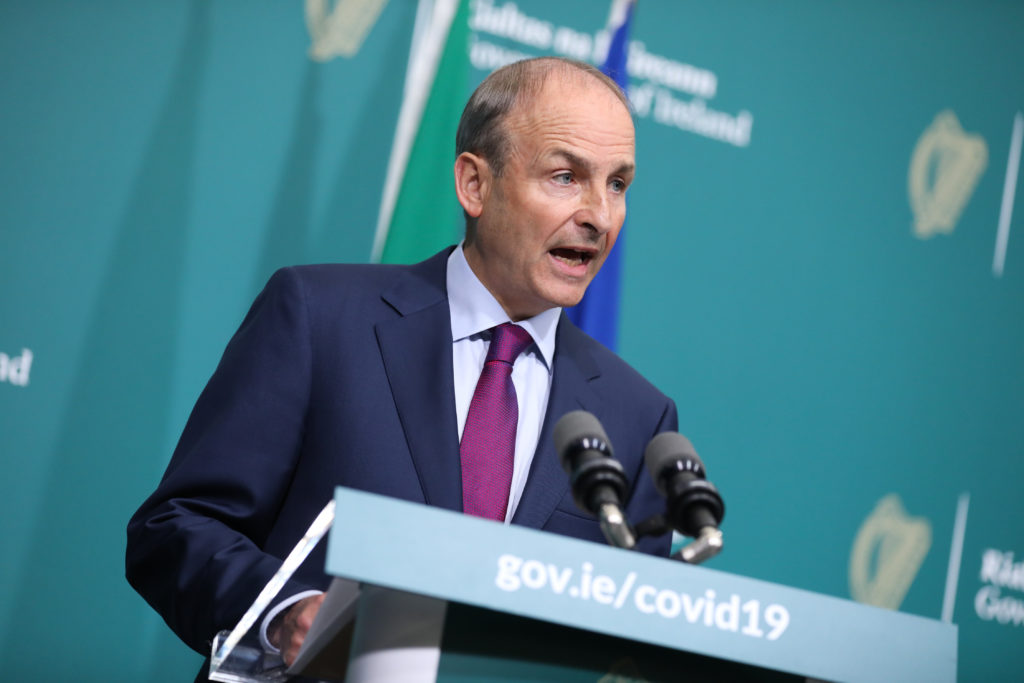THE TAOISEACH Micheál Martin has defended the ban imposed on supermarkets selling “non-essential” items.
Under plans rolled out this week, Gardaí visited supermarkets across Ireland to ask that they not sell clothing, homewares and other items.
The move has drawn criticism in some quarters, with at least one campaign group unhappy that restrictions have been placed on the sale of baby clothing.
However, the Taoiseach has defended the measures, arguing that it would be “not fair” to allow supermarkets to sell these items while smaller retailers remained closed under Level 5 lockdown conditions.
He told the Irish Examiner: “Shops can't exploit the situation, particularly big retailers and so on, because small retailers had to close.
“It's not fair on them that a multiple would have its non-essential side open. That's just not fair and that's not everyone pulling together.”
Martin argued that the move was informed by Nphet’s advice to "reduce overall congestion" in the community for the next six weeks.
"The objective of that is if you reduce the numbers of gatherings and locations of people gathering together, it reduces the incidence of the virus and you can make the progress we want to make in terms of getting the numbers really low.”
 Getty
GettyThe approach is one that has already been rolled out across Wales, with shops like Aldi and Lidl closing non-essential aisles to help reduce shopper numbers.
However, the ban on the sale of baby clothes has been branded "ridiculous", given that a pregnant woman has the potential to go into labour at any time during their 40-week gestation, with premature babies having a chance of survival from 24 weeks on.
With many new parents opting against the purchase of baby clothes in advance of the due, for fear that anything could go wrong, the lack of available items over the next couple of months appears short-sighted.
The authorities in Wales faced similar criticism after staff at a branch of Tesco told one customer tampons were non-essential items.
Tesco subsequently corrected the claim, insisting tampons were classed as a essential.

